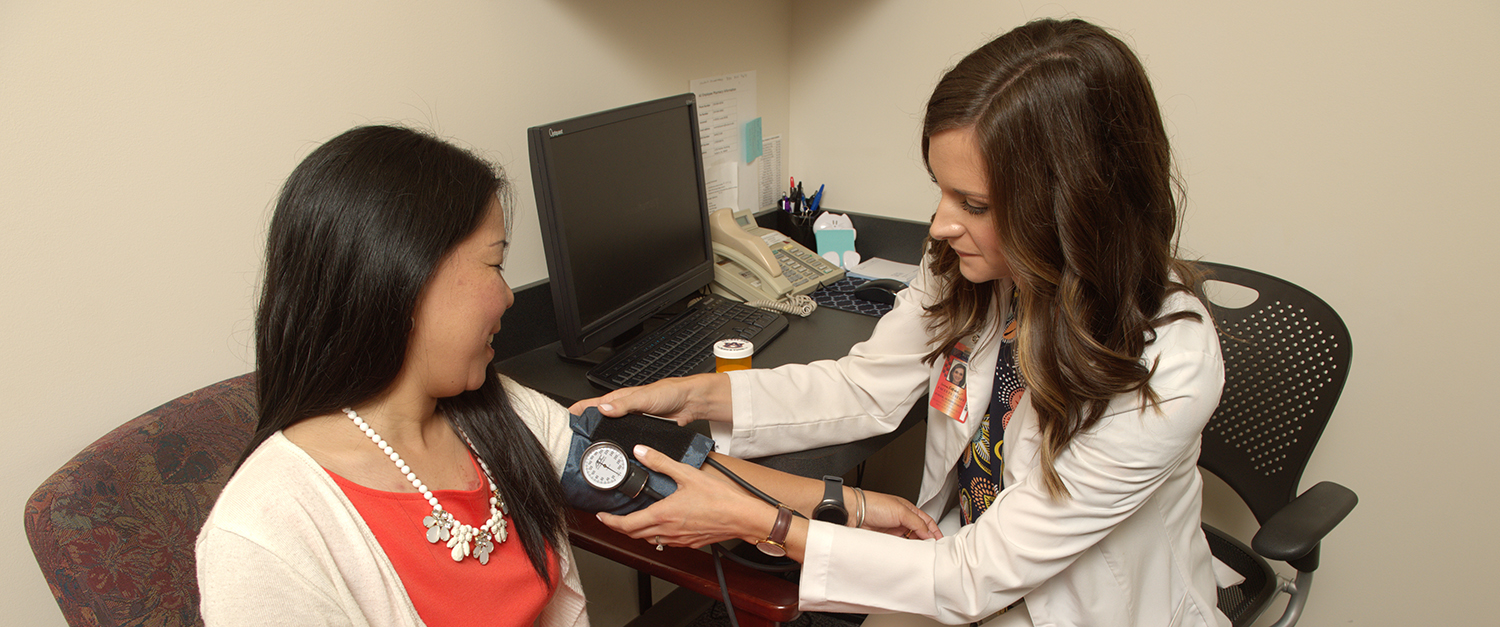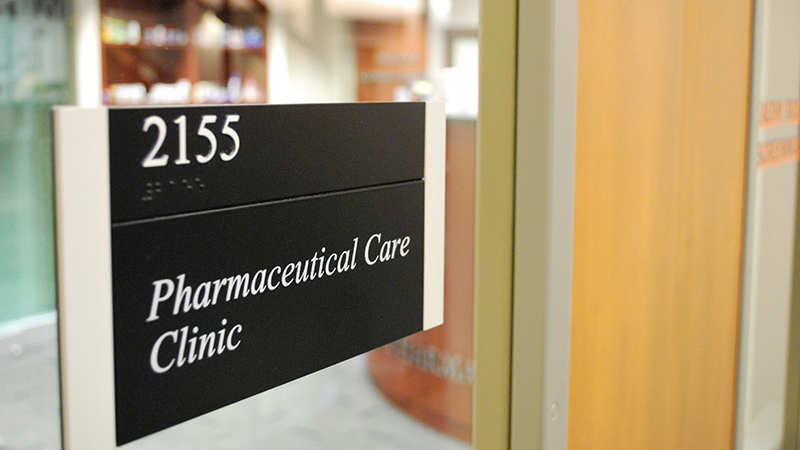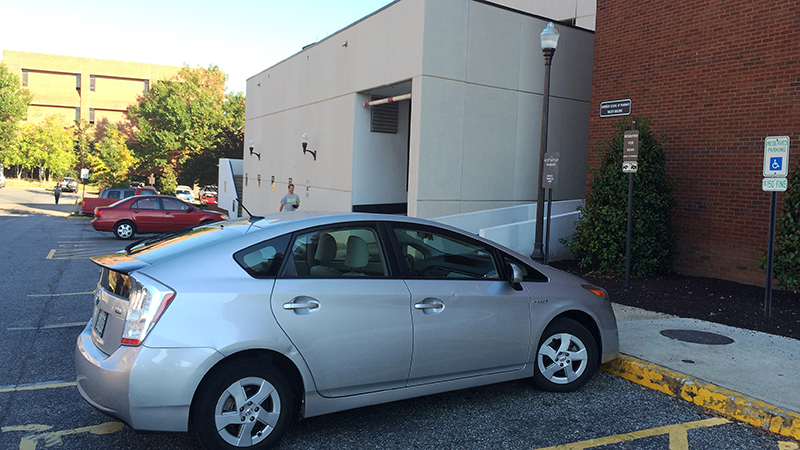
At the Auburn University Pharmaceutical Care Center (AUPCC), pharmacists become an active member of your health care team. Our team works closely with your other healthcare providers to make sure you are getting the most from your medications. The AUPCC pharmacists are experienced medication experts and have been providing collaborative care with many physicians and prescribers since 2000.
The appointments scheduled at the AUPCC are personalized and based on the individual needs of the patient. We are dedicated to spending time with you to make sure you understand your disease states, why you are taking your medications, how you should take your medications appropriately, what you should expect from your medications, and when you should report to your physician or prescriber for follow-up.
Auburn University Pharmaceutical Care Center (AUPCC) Hours
2155 Walker Building (located within the Harrison College of Pharmacy)
Auburn Main Campus on War Eagle Way
362 Thach Concourse | Interactive Campus Map
Auburn, AL 36849-5506
P: 334-844-4099 | F: 334-844-4019
Email: aupcc4u@auburn.edu

Auburn Employee Pharmacy Hours
Monday - Friday: 8 a.m. - 5 p.m.
Open at 9 a.m., Thursdays
Weekends and Holidays: Closed

There are reserved parking spaces available on War Eagle Way directly behind the Walker Building and a few beside Miller Hall. When you park in these spaces, leave your hazard lights flashing and come into the AUPCC and the AUPCC receptionist will issue a parking pass for your car. You will need to return to your car and display this permit on the dash of your car to indicate that you have an appointment in the AUPCC. An AUPCC parking pass will be needed even if your car is registered with AU Parking Services.
The Walker Building, home of the Harrison College of Pharmacy and the Auburn University Employee Pharmacy, is located on War Eagle Way and the Thach Concourse in the heart of Auburn's campus. The pharmacy is easily walkable from most areas of campus and convenient parking spaces are located on War Eagle Way. If you have trouble finding us, call 334-844-8348 for more information, directions, and guidance.